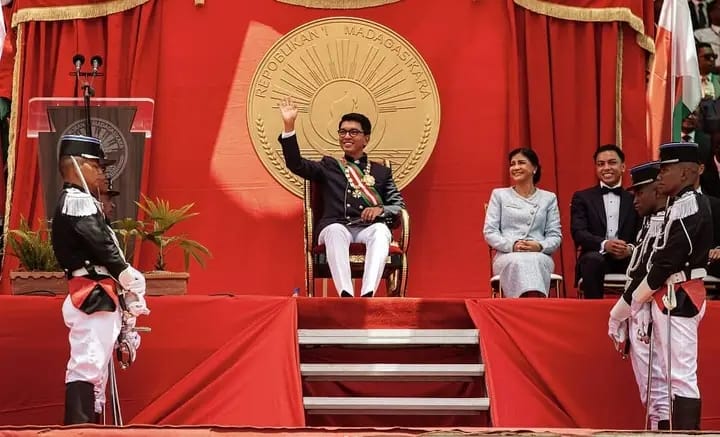
On 25 September 2025, youth-led protests began in Antananarivo, the capital of Madagascar, in response to chronic power outages and water shortages. These demonstrations—mostly organized via social media under the name “Gen Z Madagascar”—soon grew into broader expressions of frustration with government failures, poverty, and perceived corruption.
As the protests escalated, clashes between demonstrators and security forces intensified. Tear gas was used to disperse crowds, and there were reports of looting, damage to property, and violence. On 25 September, authorities declared a dusk-to-dawn curfew in Antananarivo (from about 7 p.m. to 5 a.m.) in an attempt to restore order after some protests turned violent.
Over the next few days, the unrest spread beyond the capital, with protests in other cities. The demands broadened: while water and electricity remained central issues, many demonstrators also called for the resignation of President Andry Rajoelina and deeper political reform.
By 29 September, in a televised national address, President Rajoelina dissolved the government, including Prime Minister Christian Ntsay’s cabinet. He stated that government officials would continue in an interim role while a new government was formed. Rajoelina also apologized for the government’s failures in providing basic services and promised to consider proposals for a new prime minister.
Despite the dissolution of the government, protests continued into early October. Demonstrators remained unsatisfied, arguing the measures taken so far were insufficient, and repeatedly demanded Rajoelina’s resignation.
Finally, on 6 October 2025, President Rajoelina appointed General Ruphin Fortunat Dimbisoa Zafisambo (also known as Zafisambo) as the new Prime Minister. He replaced Christian Ntsay. Zafisambo had previously served as director of the military cabinet in the Prime Minister’s office. In announcing the choice, Rajoelina emphasized that the country needed “a prime minister capable of restoring order and the people’s trust,” noting that addressing the electricity and water crises would be among the new prime minister’s top priorities.

